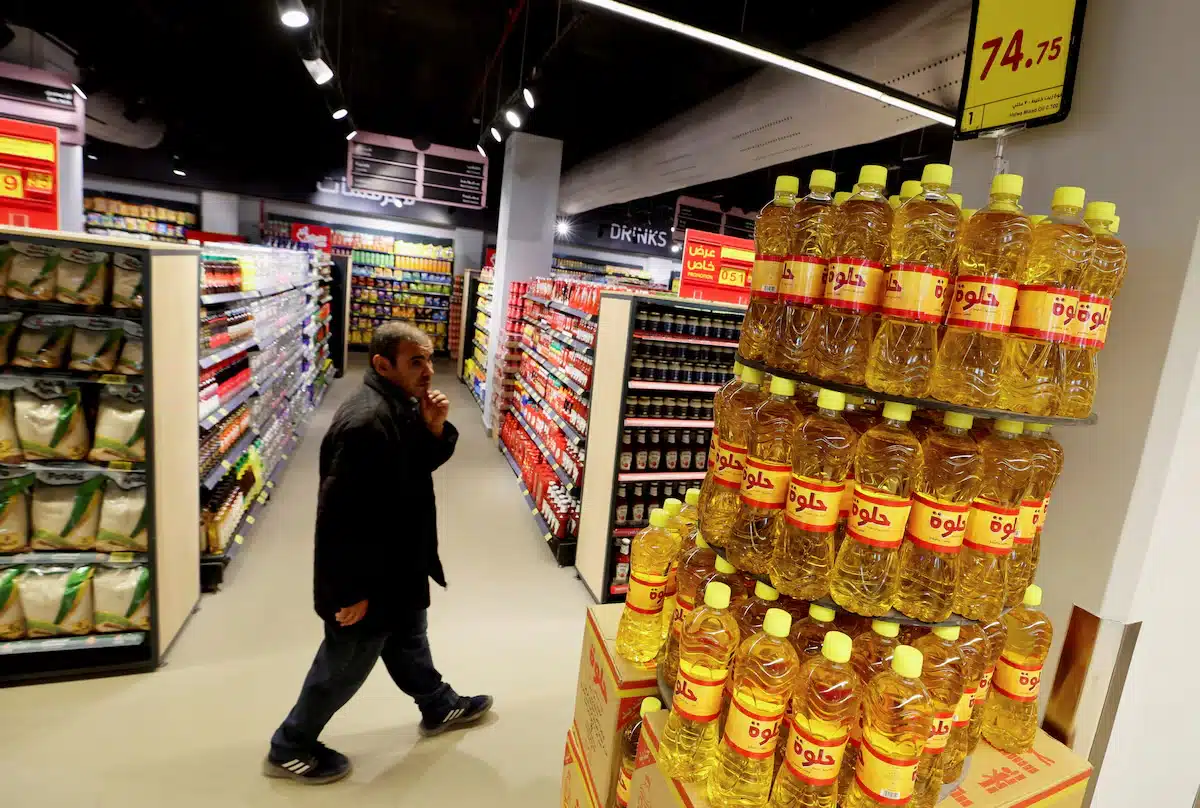Egypt’s annual urban inflation eased for the fourth straight month in September, slowing to 11.7% from 12% in August, according to the Central Agency for Public Mobilisation and Statistics (CAPMAS). The moderation comes as the Central Bank of Egypt (CBE) maintains an accommodative stance to stimulate growth and restore investor confidence.
Last week, the CBE cut its overnight deposit rate by 100 basis points to 21%, its fourth consecutive reduction this year and the lowest level in two years. Policymakers said the move reflected the recent disinflation trend and expectations that prices will continue to moderate in the near term.
Despite the slower annual pace, consumer prices climbed 1.8% month-on-month, largely driven by rising housing and utility costs. “Housing, water, electricity, gas and fuel section recorded an increase of 3.4 per cent due to an increase in prices of the actual rental group of houses by 1.3 per cent, calculated rent group of houses by 7.1 per cent, and group of maintenance and repair of houses by 1.4 per cent,” CAPMAS said in its statement on Wednesday.
Food and beverage prices, which carry significant weight in the inflation basket, rose 1.9% from August, pushed higher by a 12.2% jump in vegetable prices and a 3.5% increase in fruits. Alcoholic beverages and tobacco prices rose 0.8%, while healthcare costs advanced 0.4%, with outpatient and hospital services up 0.8% and 1%, respectively.
On an annual basis, alcoholic beverages and tobacco prices were up 25.3%, followed by housing and utilities, which rose 18.2%. Food and beverages edged up 0.3% year-on-year, while clothing and footwear increased 14.4%.
Inflation, which peaked at 33.2% in September 2023, has steadily declined since Egypt secured an $8 billion International Monetary Fund programme in March 2024. The deal helped stabilise the Egyptian pound, rein in monetary expansion, and restore external confidence. Central bank data shows that broad money (M2) growth slowed to 22.9% year-on-year in August, extending a downward trend since the IMF package was signed.
Stronger external balance supports the Pound
Egypt’s current account deficit narrowed to $2.2 billion in the second quarter of 2025 from $3.7 billion a year earlier, supported by higher remittances, tourism receipts, and modest gains in Suez Canal revenue. The canal brought in $1 billion during the quarter, up from $800 million, despite ongoing Red Sea disruptions caused by Houthi attacks.
These gains helped strengthen the Egyptian pound, which has appreciated 5% against the dollar since January, reaching a near one-year high of EGP 48.2 to $1 in September.
Oil exports rose slightly to $1.4 billion, while fuel imports climbed to $500 million amid stronger energy demand. Gas supply shortages have forced Egypt to boost imports from Israel’s Leviathan field under a deal worth up to $35 billion, signed in August.
Tourism remained a bright spot, with revenue rising to $4.2 billion in the quarter from $3.5 billion a year earlier. However, foreign direct investment plunged to $2.4 billion from $22.4 billion, reflecting the absence of one-off mega projects like last year’s Ras El Hekma development deal.






